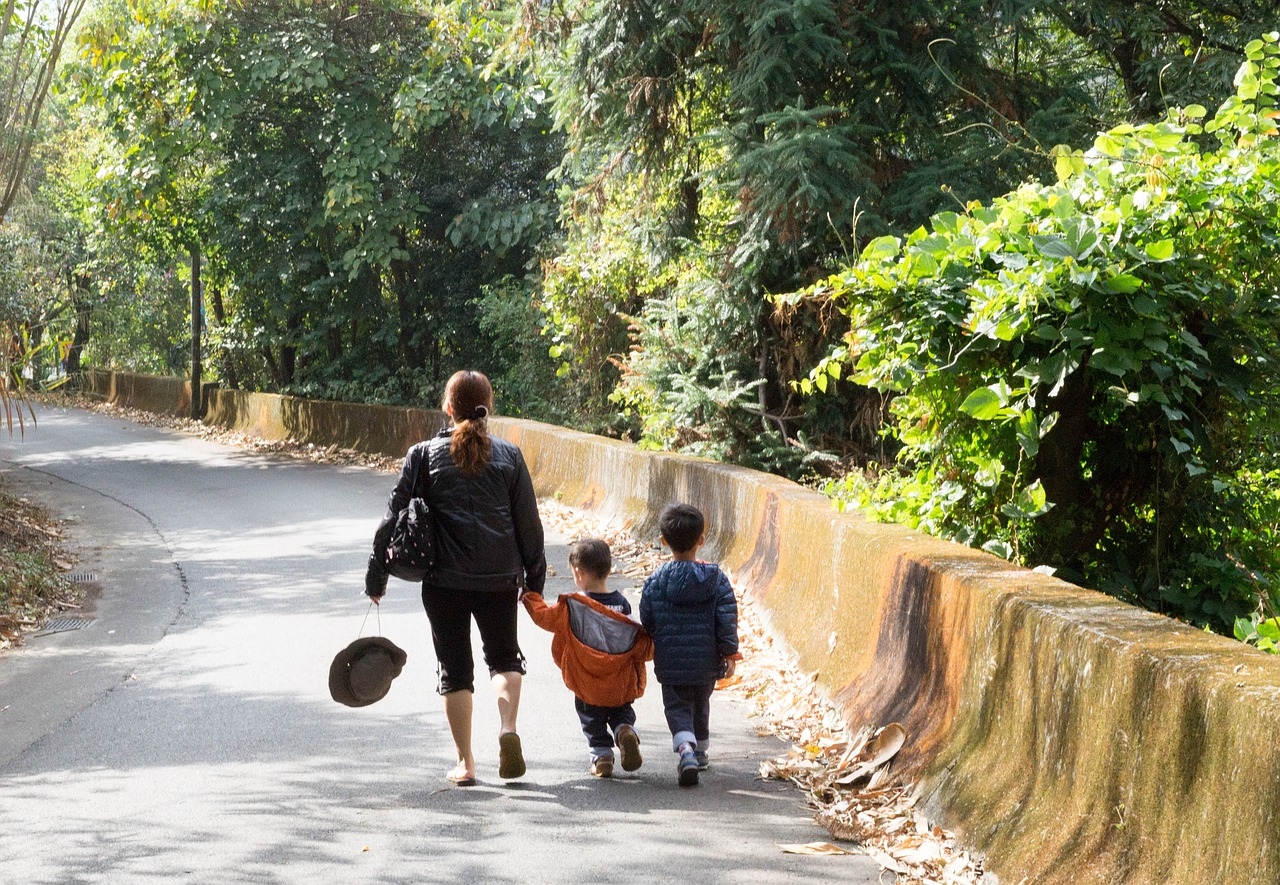Don't miss out on the best jobs!
Subscribe to HelpGoAbroad and weekly we will sent you an email with latest job posts. Provide your email address below
Deciding to live as an expat, whether it's for work, increased quality of life, or a retirement spent somewhere relaxed and picturesque, is a huge and life changing decision. Choosing where to settle down is probably the biggest part of this decision - where do you start when you are trying to establish where your new home should be?
Your decision will be entirely dependent on individual preferences and responsibilities - from whether you have kids to a preference for year-round sunshine - and inevitably this will be something you have to think carefully about, unless you are willing to take your chance on a whim. With such a big decision, it can be easy to feel torn.
There are however ways in which you can avoid choosing at all. A small but growing group of people have begun regarding themselves as "global citizens", and do not particularly identify themselves with any one country. If you'd rather not settle down in one country at all you can use services like Airbnb, rent locally on a short-term basis, or join a property investment club such as The Hideaways Club. All these options will let you use properties across the globe without the commitment of owning one or renting long-term - all perfectly facilitating the wanderlust lifestyle.
While this nomadic existence is ever more viable (especially as it's possible to earn a living remotely), for the most part people prefer to put some roots down and feel at home. If you are considering living abroad or have perhaps been offered a job in a expat hotspot and are wondering whether to take it, here are some things you may need to consider when choosing where to settle down.
Job Security
Whether you have to find a job or plan to retire is going to be the major factor in deciding where you go. While retirees will be generally focused on good health care and low cost of living, those looking for work will need to prioritize the state of the local job market much more, even if this means living in more expensive areas.
Switzerland and Germany have great job security and economic confidence, while the UAE has a strong economy, good wages and an encouraging chance of career progression. This is balanced by higher costs of living, as the majority of expats report that they spend more on bills than they would at home. However, expats in Dubai are more likely to receive financial benefits outside their salary, such as a flight allowance or help with accommodation.
Singapore is an equally promising place to conduct your career abroad, with economic security, wage growth and lots of disposable income all being advantages, as well as a healthy entrepreneurial spirit. Unfortunately half of Singapore expats worry about their job security, but apart from this the quality of life is high.
Countries such as Vietnam, China and South Korea all have brilliant opportunities for English speakers to become teachers, while India combines growing job opportunities with very low cost of living (although you are also likely to earn less, perhaps a quarter of your at-home salary).
Work/Life balance
While getting a job is often people's first consideration, even the most ardent workaholic would probably like the time to see some of the country they have moved to. This is where a good work/life balance comes in. Dubai, for example, puts a lot of emphasis on working hard and making money, (61% of expats there say that the financial aspects of life are most important to them) but despite this prevailing culture 60% feel that their employers support them in achieving work/life balance.
Singapore's work/life balance, on the other hand, is ranked lower than Dubai's, although overall quality of life and the emphasis on family in generally considered to be extremely good there. Hong Kong's working culture requires long hours, which would make living in this lively and fascinating more stressful than elsewhere - although depending on your outlook this may be worth it. In Taiwan it's a similar story, with a vibrant local culture and great healthcare outweighing long working hours for some.
Scandinavian countries like Denmark, Sweden and Norway are all in the top ten of countries considered to have the best work/life balance, while New Zealand and Australia both sell lifestyles with plenty of leisure time as one of their main attractions to potential expats. Germany, along with its encouraging economic status and job security, also appears in the top ten with the Scandinavian countries, securing its place as the perfect country to enjoy the best of both worlds.
Family
Everyone has different ideas about how best to raise a family. For some, it's quality and consistent education, for others, letting them experience new cultures and adventures is far more important. Whatever their preference, what's certain is that parents will go above and beyond to ensure they make the right choices for their children. This makes the choice to move abroad far more complicated when there's a young family to consider.
Both Dubai and Singapore are expensive places to raise kids, but their schools and childcare are considered to be of extremely high quality. Vietman on the other hand ranks badly for quality of life for children (although has plenty to recommend for child-free people) and Malaysia doesn't have a good reputation for childcare provision, with education being very expensive. Oman and Qatar are also not known for high-quality childcare, with many expats in Qatar choosing to educate their children at home.
On the other end of the scale, with high quality, affordable education and excellent provisions for family life such as fewer working hours are countries such as Austria, Finland, New Zealand and Sweden. Japan is also considered a good place to raise a family, particularly in relation to their school system.
Settling Down
While there may not be any guarantee that you will settle down and feel truly at home anywhere, you can identify the places where this is most likely to happen by looking at the experiences of others. Vietnam is considered to be a great place to make friends, while expats to Russia report a brilliant social life and ease of getting to know local people. Australia and New Zealand are also considered very welcoming, with people assimilating with ease.
In Dubai, you'll encounter a huge expat population, meaning you're almost certain to find a community there. Making friends with the local population however is less easy, and language can prove a barrier. Language can be another challenge in Japan, especially outside of the large cities, but Japanese people are famously friendly, and will often going out of their way to help you.
Wherever you go, you are bound to enjoy getting to know the culture, explore the history and experience the lifestyle of another country - it's simply a matter to choosing what seems best for you and taking the plunge.
Sign in to publish a comment



Be the first to comment on this post.